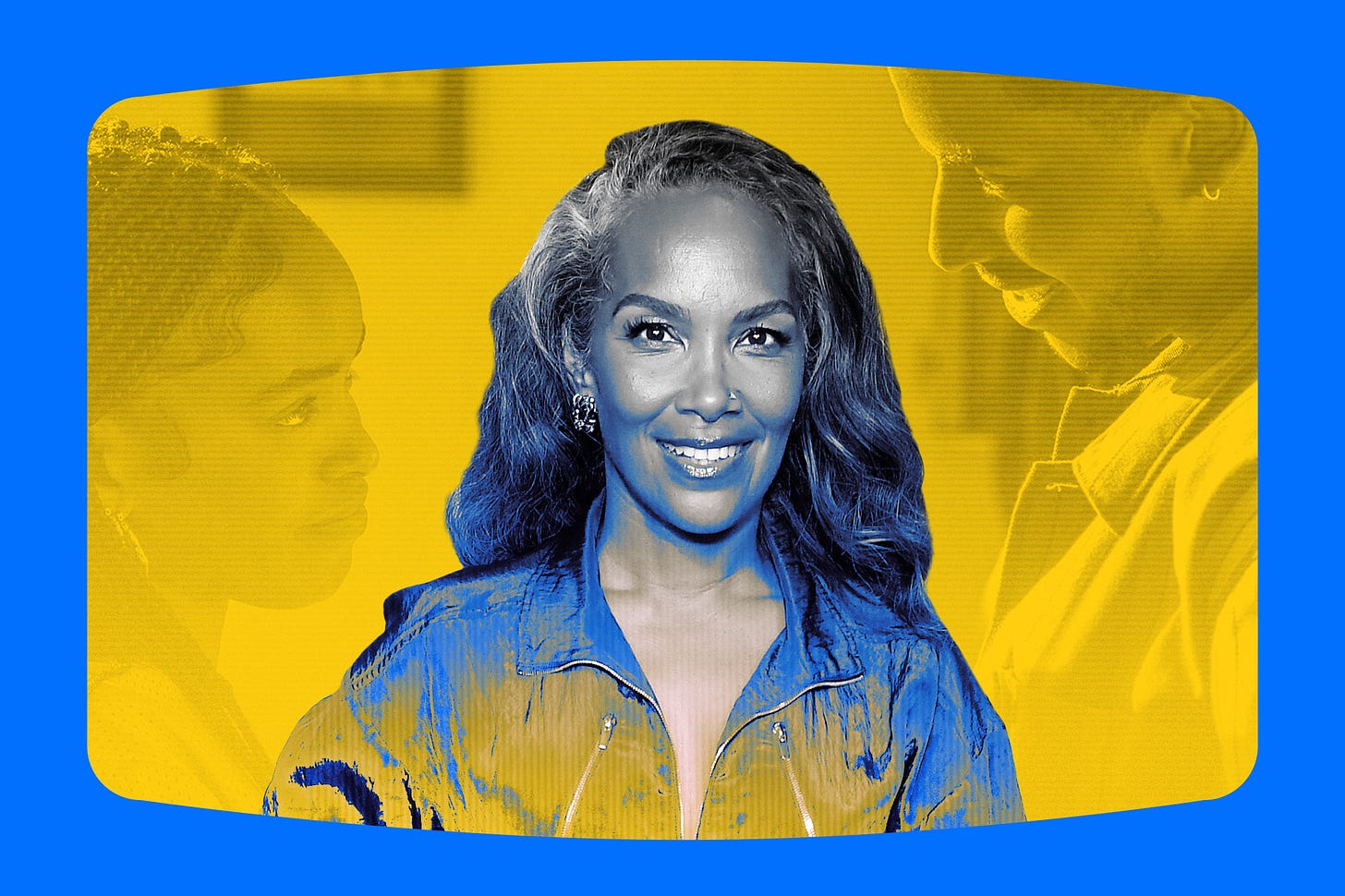Mara Brock Akil on 'Forever', Netflix, Judy Blume & DEI Rollback: 'You'll Lose'
The prolific creator and showrunner tells me about her adaptation of the 1975 classic that centers on Black teens: 'Who is the most vulnerable now?'

Lesley Goldberg reports from L.A. She surveyed writers about whether the WGA strike was worth it and wrote about what it takes to get staffed in a writers room today. Reach her at lesley.goldberg@theankler.com
Mara Brock Akil has a message for media companies bending the knee to President Trump’s efforts to kill DEI programs: Roll back to a time without representation and you’ll “lose.”
They’re strong words from a 54-year-old L.A. native who has had an active hand in the evolution of Black stories on television. Before creating seminal hits Girlfriends, The Game and Being Mary Jane, Akil started as a PA on Fox’s The Sinbad Show in 1993 and rose through the ranks as a writer on long-running hits Moesha (where she met her husband of 17 years, Salim Akil) and The Jamie Foxx Show.
Now, after a brief return to The Game via a Paramount+ revival, Akil is back, this time with a reimagined take on Judy Blume’s controversial 1975 coming-of-age novel Forever…, the latest screen adaptation from the prolific author whose 1970 favorite Are You There God? It’s Me, Margaret was warmly received by critics but fizzled theatrically in 2023.
Forever… — one of the most frequently banned books according to the American Library Association — revolves around the adolescent bloom of Katherine, a New Jersey teen. “We got to know Katherine’s thoughts, feelings, insecurities and excitement,” as Akil puts it, especially about her first love and her sexuality. The ellipsis at the end of the book’s title, which were dropped for the show, point to the elusiveness of “forever” love (or “forever” anything).
Netflix’s Forever — bowing May 8 — may also be met with controversy as her modern reimagining features equally frank conversations about sex as well as other struggles of Black teens in L.A. in the years between the murders of Trayvon Martin and George Floyd. Akil’s take is what convinced Blume, 87, that Forever could be adapted for a 2025 TV audience. The series stars Lovie Simone (Greenleaf, Manhunt) and newcomer Michael Cooper Jr. as high school students who reconnect and fall in love, with Xosha Roquemore (The Mindy Project), Wood Harris (The Wire, Empire) and Karen Pittman (The Morning Show, And Just Like That…) playing their parents.
The series, Akil says, is a “love story set within a love letter to Los Angeles” (all eight episodes were filmed locally) that she hopes will run for multiple seasons — and, if its showrunner has her way, become a franchise of its own.
In a wide-ranging interview, edited and condensed here, Akil spoke with me about making inclusive shows as DEI programs are under attack, book banning and how she hopes Forever will play a role for an underserved community that — with exceptions that prove the rule like The CW’s All American — rarely gets to see its boys and young men portrayed with depth and nuance on screen. We got into:
When Akil first discovered Forever and its impact on her growing up
Why Blume resisted an adaptation of Forever even after she offered up her oeuvre to Hollywood
How Akil and Blume bonded as artists and parents
How centering the series on Black teens forged an emotional and cultural link to the 1975 book
The aspects of Akil’s adaptation that Blume felt “challenged by”
What it means for creators to “live on algorithms” in the streaming era
Akil’s ambitions for future seasons and even a universe centered on Forever
Her view of Hollywood DEI efforts and recent moves to reduce them
This column is for paid subscribers only. Interested in a group sub for your team or company? Click here.
For full access and to continue reading all Ankler content, paid subscribers can click here.


